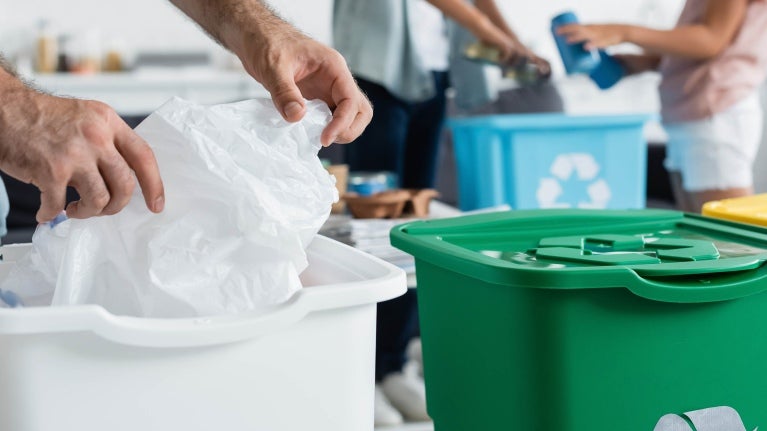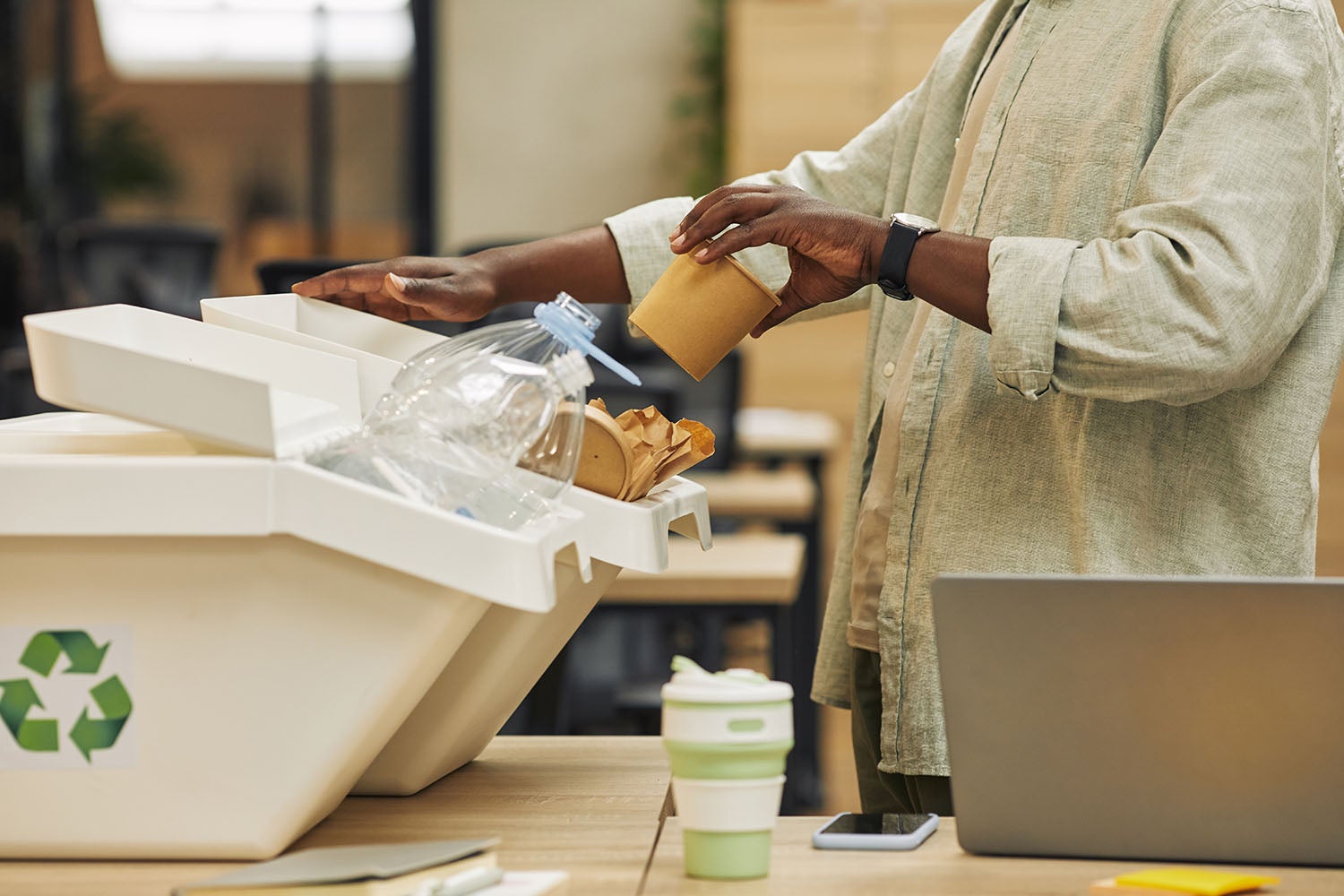
Your Guide to Green Business Practices
Discover the importance of effective Green Business Practices. Actively reduce your carbon footprint, involve employees & contribute to a greener future.
What are green business practices?
Actions that relate to a business’s daily operations, manufacturing processes, or interactions with the world in a positive way can be considered green business practices. Terms such as green, eco-friendly and environmentally-friendly business practices are all often used to try to highlight that a business is working to be more sustainable. Such practices are normally put into place with specific goals in mind. Transparency and accountability are key when setting these goals and can help your business avoid being seen as ‘greenwashing’ (i.e. misleading the public about how much you are doing to help the environment.1
Why are they important for the environment?
Green business practices can help to reduce negative environmental impacts and reduce dependency on natural resources that can’t be renewed.2 For example, opting to use renewable energy sources like solar or wind power and recycling as much as possible can be positive steps towards reducing your business’s carbon footprint and thereby play a role in addressing climate change.2 So why not get started by looking at how your business can adapt to focus on the future and take positive steps for the environment?
Why are they important for businesses and communities?
Implementing green initiatives for business doesn’t just bring environmental benefits. They can also be developed to have a broader sustainability focus and potentially help you run your business more efficiently. This broader sustainability focus could include acting more with the communities around your business in mind – for example by giving training and employment opportunities; supporting local charitable activities and supporting local schools and groups by donating products, services or expertise.
These are all good actions to take and, if maintained over the long term, can help strengthen a company’s reputation in the community and build goodwill with stakeholders and customers.
Becoming a more sustainable business doesn’t happen overnight. Small steps lead to progress, so we’ve suggested a few ways you can start implementing green business practices below.
Four green business practices to get you started:
1. Get your employees on board
According to Harvard Business School, the businesses with the most impactful green practices are often successful because they educate their employees about the issues and include them in the process.4 Involving your employees in your sustainability efforts can empower them to do their part, boosting morale and helping everyone realise they have a part to play. Sustainability can be a difficult topic to understand so organising webinars, lectures or lunch-and-learns for employees to attend can help educate your employees on the issues your business is focusing on.4
2. Look at your daily processes
What could you change in your daily business activity? Could you recycle your waste, or can anyone else in your community recycle any waste from your processes? You might be able to turn your heating down, set regular reminders to keep your equipment maintained or upgrade to more efficient models.5
3. Look at your carbon emissions
Looking at the emissions your own business generates and ways to start reducing them is important. For example, installing smart sensors in your workplace can be a step on the journey to reducing carbon emissions by ensuring heating, cooling and electricity are switched off when not needed. Switching to a green energy tariff and considering a hybrid working model to reduce work related travel emissions could also help to reduce your carbon footprint.7
You can also consider positive actions that go beyond your direct business and supply chain, like planting trees and hedgerows.
4. Upcycle and re-use furniture
Small businesses can save money and reduce waste by upcycling their old furniture. Instead of getting rid of old desks, chairs or cabinets, try upcycling them by refurbishing them or giving them a fresh coat of paint for a fresh look on a budget.8 By reusing and upcycling what you can, you can reduce the amount your business spends on replacing these items and reduce the amount of furniture that ends up in landfill.
Your business can be part of the UK’s 5.5 million small businesses and self-employed who are vital in helping to reach the UK Government’s 2050 net zero target and working towards a greener future for our planet.9 Educating employees and addressing opportunities for green practices in daily business processes can help you get started on the path to being a more sustainable business.
Sources
- https://www.un.org/en/climatechange/science/climate-issues/greenwashing
- https://www.ibm.com/topics/business-sustainability
- https://www.fsb.org.uk/resource-report/small-business-big-heart-communities-report.html
- https://online.hbs.edu/blog/post/sustainable-business-practices
- https://www.fsb.org.uk/resources-page/five-free-ways-to-make-your-business-more-sustainable.html
- https://www.fsb.org.uk/resources-page/carbon-offsetting-a-guide-for-small-businesses.html
- https://www.britishchambers.org.uk/news/2022/02/top-ten-things-businesses-can-do-now-to-lower-their-emissions/
- https://www.green.earth/blog/reduce-reuse-recycle-7-ways-for-businesses-to-reduce-waste
- https://www.fsb.org.uk/knowledge/fsb-infohub/small-business-sustainability-hub.html
